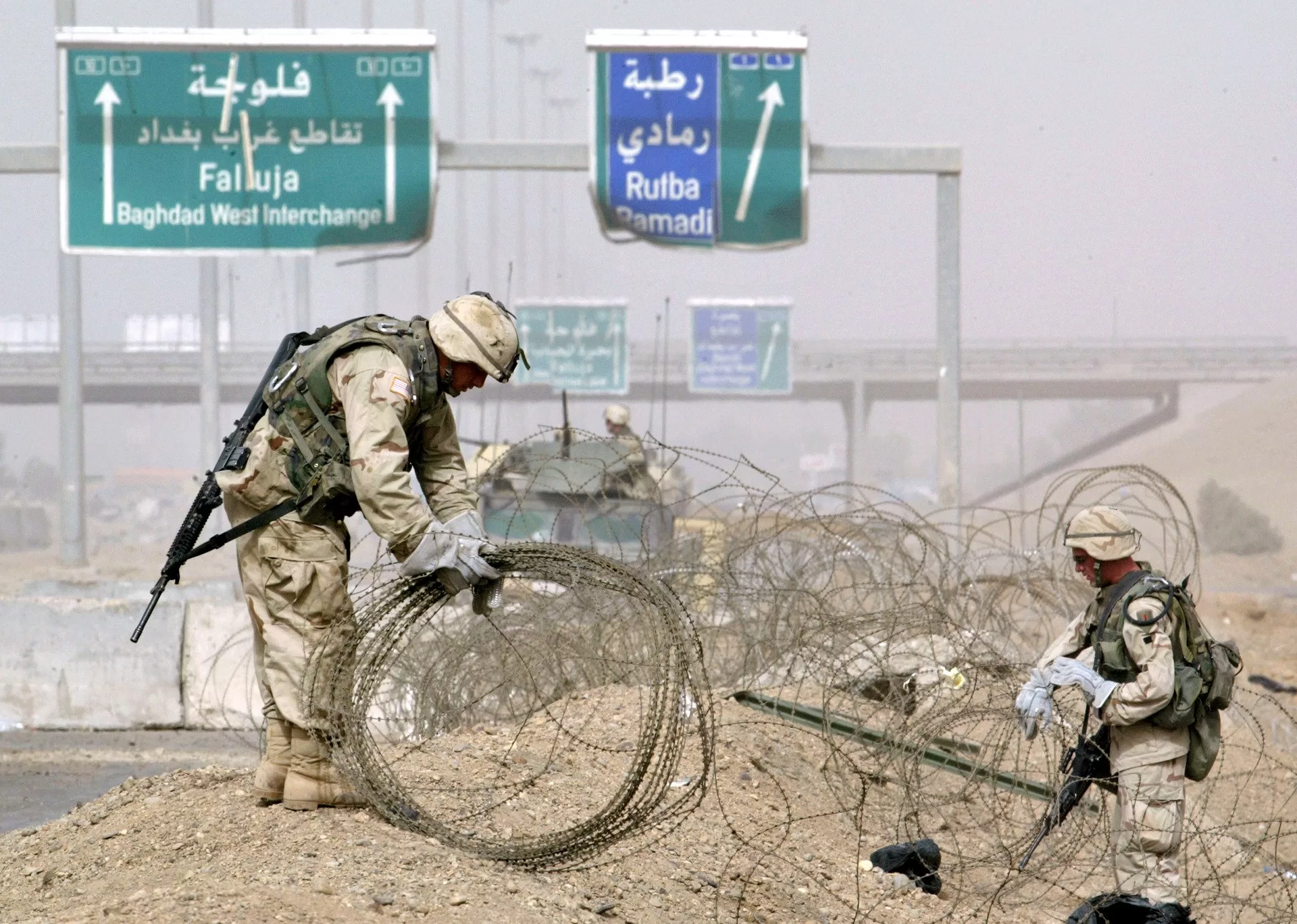US officials offer little clarity on future of two-decade US military presence in Iraq amid ‘transition’.
The United States and Iraq have said that a US-led coalition in the country to fight ISIL (ISIS) will wind down by the end of 2025, but they left the door open to a prolonged military presence.
The joint announcement on Friday did not specify what the future of US troops in Iraq will be, with officials stressing that the move represents more of a “transition” than a “withdrawal”.
A senior official from US President Joe Biden’s administration who briefed reporters said the wind-down would involve two phases.
The first phase – expected to end in September 2025 – will include “ending the presence of coalition forces in certain locations in Iraq as mutually determined”, the official said.
The second phase would see the US continue to operate in Iraq in some capacity “at least through” 2026 to support ongoing anti-ISIS coalition efforts in Syria.
US-Iraq defence ties would then shift away from the coalition to “an expanded US-Iraqi bilateral security relationship”, the official said. They declined to say whether that shift would signal a full withdrawal of US troops.
“We’re not in a position right now to begin to either speculate or discuss exactly where we’re going to end up on all of it,” the official said.
The US initially invaded Iraq in 2003 as part of its so-called global “war on terror” in the wake of the September 11, 2001, attacks, with a peak of 170,000 troops deployed by 2007.
Washington withdrew most US forces from Iraq by 2011.
However, the administration of US President Barack Obama again redeployed forces to the country in 2014, as ISIL overran large swaths of Iraq and Syria.
While ISIL continues to exist, the group lost control of its last pieces of territory in Iraq in 2017 and in Syria in 2019.
Then, in 2021, the Biden administration ended what it described as a US “combat mission” in Iraq, with the about 2,500 US troops in the country shifting to an “advisory role”.
Talks about further winding down troops began in January and included Iraqi Prime Minister Mohammed Shia al-Sudani, as well as top-ranking officials from both the Iraqi armed forces and the US-led coalition.
The continued presence of US troops in Iraq has been a political thorn for Sudani and has long been opposed by influential segments of the government.
Bases housing US soldiers have for years come under attack by Iran-aligned militias.
Those attacks increased in the early months of Israel’s war in Gaza, which began in October 2023 but have since reduced in frequency.
